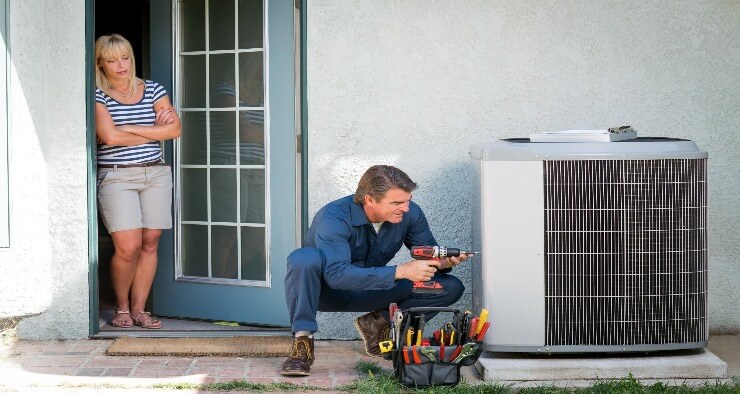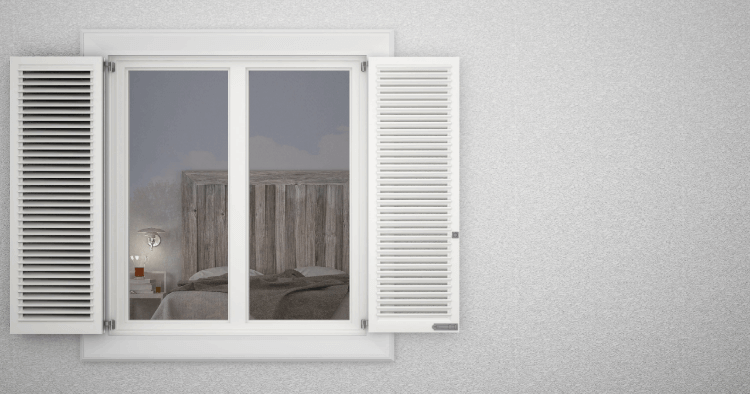How to prepare your ac for the summer

You've emerged from your winter hibernation; the springtime blooms are finally showing and summer is on the horizon! Now it's time to add air conditioner maintenance to your list of ways to celebrate the change in seasons.
Make your way down this list so that your A/C unit is as ready for summer as you are:
Replace filters
Air filters can trap dirt, pollen, dust and other debris that block proper air flow. Install a fresh air filter at the beginning of the season, and check it once a month to see if it's clogged. Your system works harder during the hotter months, so you may need to replace filters more frequently. Stock up on new filters at the beginning of the season so you're prepared to replace them at a moment's notice.
Clean the unit
Give your outdoor unit a deep clean before the heat settles in. Make sure power to the unit is switched off, and then remove all debris from the coils and surrounding areas. Use the soft brush of a vacuum to gently clean the coils and a pipe cleaner to get in the nooks and crannies of the vents and grills. If there is stubborn debris, try using a coil cleaner from your local home improvement store. You can also use a hose to clean away debris, but be careful not to damage the unit with too much water pressure.
Inspect coolant lines and insulation
Damaged insulation can lead to inefficient cooling, wasted energy and more serious HVAC system issues. Check for obvious signs of wear and tear. If there are frayed or missing pieces, replace with foam insulation sleeves, or wrap the entire pipe with a fresh layer of foam insulation tape. If the damage is more severe, call a professional to repair the insulation.
Test the unit
After giving the unit its summertime upgrade, turn it on to make sure it's working. You should feel cool air coming out of the vents after a few minutes. If air isn't coming out, or if it doesn't feel cool, it's a sign that something may be wrong with the system. Similarly, clanging, banging or unusual noises coming from the unit or pipes are also bad signs. Reach out to an HVAC professional to troubleshoot the issue.
Schedule a professional tune-up
Even if your A/C appears to be in fine condition, it's important to have an HVAC professional check out your system at least once a year. If you haven't had a professional inspect your system this year, schedule an HVAC maintenance appointment before summer is in full swing. A professional may catch a hidden issue, make repairs and save you from a system breakdown later in the season.
Implement energy efficient efforts
The U.S. Department of Energy recommends setting your thermostat at 78 degrees Fahrenheit when you're home and need cooling. If you can set it higher without sacrificing comfort, go for it. The smaller the difference between temperatures inside and outside of your house, the more energy you'll save.
Follow these additional tips to make your central A/C run more efficiently all season long. You may also want to consider upgrading your unit to an energy efficient model. According to the Energy Department, high-efficiency air conditioners can reduce energy use by 20 to 50 percent, when combined with efforts to keep the house cool,. That's great for the planet - and your wallet. Your monthly bills will likely be lower, and your unit could last longer and potentially require fewer repairs when it doesn't have to use excess energy.
Being prepared before HVAC issues arise is always a good strategy. Plans from HomeServe can help with the costs of covered repairs. See what plans are available in your area.
